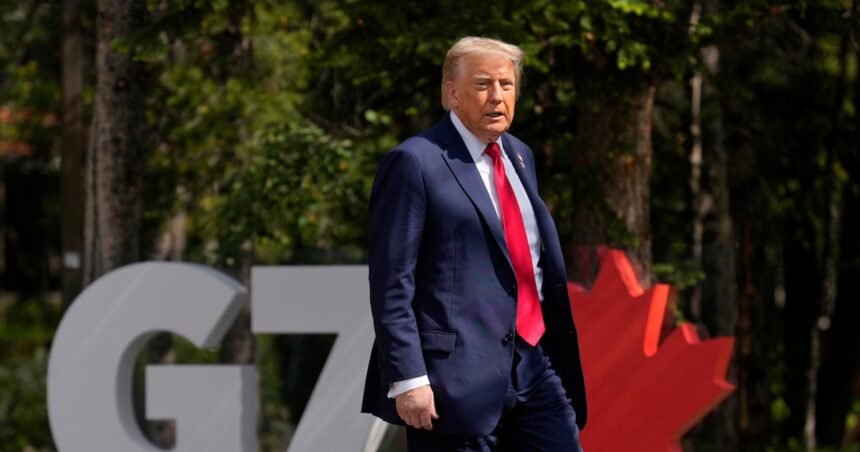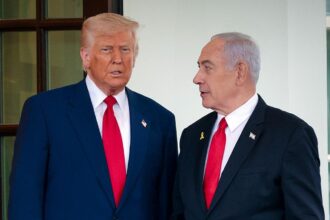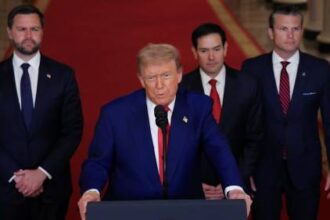In a statement that has sent diplomatic shockwaves across the G7 nations, former U.S. President Donald Trump declared Russia’s 2014 expulsion from the then-G8 “a terrible mistake” during a campaign rally in Michigan yesterday. The controversial remarks have ignited fierce criticism from Canadian officials and international allies alike, who point to Russia’s ongoing aggression in Ukraine as justification for its continued isolation.
“When they kicked Russia out, that was a mistake,” Trump told supporters. “Having Russia at the negotiating table gives us leverage. I would invite them back on day one.” The comments come just days after the conclusion of the 2025 G7 Summit in Italy, where leaders reaffirmed their commitment to supporting Ukraine and maintaining sanctions against Moscow.
Canadian Prime Minister Justin Trudeau responded sharply during a press conference in Ottawa this morning. “Let me be absolutely clear,” Trudeau stated, “we’re talking about a regime that illegally annexed Crimea, invaded a sovereign nation, and continues to violate international law. President Putin’s actions have demonstrated repeatedly why Russia has no place at this table.”
Canadian Foreign Affairs Minister Mélanie Joly echoed these sentiments, calling Trump’s statement “deeply concerning” and emphasizing that Canada’s position on Russia’s exclusion remains unwavering. “The G7 represents democracies committed to a rules-based international order,” Joly noted. “Russia’s actions under Putin have consistently undermined these principles.”
Political analysts suggest Trump’s comments may be designed to distinguish his foreign policy approach from the current administration ahead of the November election. Dr. Melissa Richardson, professor of International Relations at the University of Toronto, told CO24 Politics that “Trump is signaling a potential return to his more transactional approach to diplomacy, one that often prioritized bilateral relations over multilateral consensus.”
The controversy has particularly resonated in Canada, where nearly 1.4 million people claim Ukrainian heritage—the world’s third-largest Ukrainian diaspora. Protests organized by Ukrainian-Canadian groups have already been announced in Toronto, Montreal, and Vancouver.
Financial markets have also reacted to the potential policy shift, with modest volatility in European energy stocks. Economic analysts at RBC Capital Markets note that any reintegration of Russia into global economic forums could significantly impact global energy prices and supply chains, particularly for Canadian businesses with international exposure.
This isn’t the first time Trump has suggested bringing Russia back into the fold. During his presidency, he repeatedly advocated for Russia’s return to the group, creating tensions with other G7 members who maintained that Russia’s behavior had not changed since its 2014 expulsion following the annexation of Crimea.
Current polling suggests the U.S. presidential race remains extremely tight, with Trump’s foreign policy positions potentially influencing voter decisions in key swing states with significant Eastern European populations.
As diplomatic fallout continues, one question remains central to the international conversation: In a world where authoritarian regimes increasingly challenge democratic values, should economic and strategic considerations ever outweigh the defense of sovereignty and international law?










